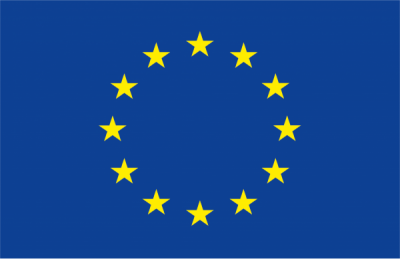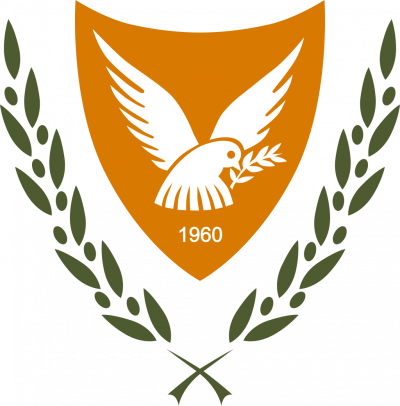
One Health in monitoring biodiversity and zoonoses workshop co-organised by Dr Kelly Martinou of CARE-C at the Cyprus Institute and the Joint Services Health Unit
A workshop on Monitoring Biodiversity and Zoonoses-The One Health Approach, aimed at building capacity between professionals from Cyprus and abroad who work in monitoring biodiversity and/or zoonoses in protected areas and beyond, took place at the Akrotiri Environmental Centre on the 13-14th of February 2024, jointly organized by Dr Kelly Martinou, entomologist at the Joint Services Health Unit (JSHU) and research affiliate at CARE-C of the Cyprus Institute (CyI).
Biodiversity, the variety of plants and animals, is globally threatened with 70% of animal populations globally declining in numbers while zoonoses i.e. diseases that can be transmitted from animals to humans often through vectors such as mosquitoes are emerging in new locations that previously did not exist, aided by climate change, or reemerge at locations that were present in the past. One Health is an approach that recognizes that people’s health is closely connected to animal health and our shared environment. One Health is not new, but it has become more important in recent years as many anthropogenic activities have changed interactions between people, animals, plants, and the environment. Human populations are growing and expanding into new geographic areas that lead to closer contact with wild and domestic animals, both livestock and pets. Natural ecosystems are experiencing changes in climate and land use due to deforestation, urbanization, intensive farming practices, pollution and invasive alien species. Disruptions in environmental conditions and habitats can provide new opportunities for diseases to pass between animals and humans. Movement of people and animals has increased from international travel and trade. As a result, diseases can spread quickly across borders and around the globe. These changes have led to the spread of existing or known (endemic) and new or emerging zoonotic diseases
The workshop targeted experienced and early career researchers, conservation experts, ecologists, biologists, public and environmental health professionals and veterinarians as well as stakeholders and policy makers who work in protected areas in Cyprus and who were interested in this topic.
On the first day, the workshop focused on the current biodiversity monitoring schemes that take place and novel tools and technologies that exist that are applied or could enhance these schemes in Cyprus. A horizon scan about the technologies that can be adopted during such schemes took place in the afternoon of the same day, led by Dr Angeliki F Martinou, JSHU and CyI, and Professor Helen Roy UKCEH and University of Exeter and Ms Ioanna Angelidou, Enalia Physis. The second day of the workshop focused on zoonoses and how we can enhance surveillance of zoonoses.
Associate Research Scientists at CARE-C, Dr Kamil Erguler, and Dr George Zittis delivered talks during the workshop and Dr Marco Neira, an Associate Research Scientist at CARE-C, and Dr Iman Mehrabinezhad, a post-doctoral fellow at CARE-C and Adj Prof George Christophides at CASTORC participated.
Many international speakers were also invited including Professor Helen Roy from the UKCEH, UK, Dr Anastasia Diakou from Aristotle University of Thessaloniki, Dr Smaragda Sotiraki and Dr Anastasios Saratsis from ELGO-Dimitra, Dr Martina Feragutti and Dr Fran Oficialdelgui from and Cota Donana, Spain and University South Bohemia, Dr Tom August, UKCEH, Dr Georgios Karris from Ionio University, Ms Aayushi Sharma from Imperial College, UK as well as many experts from Cypriot Ministries, NGOs and Universities.



